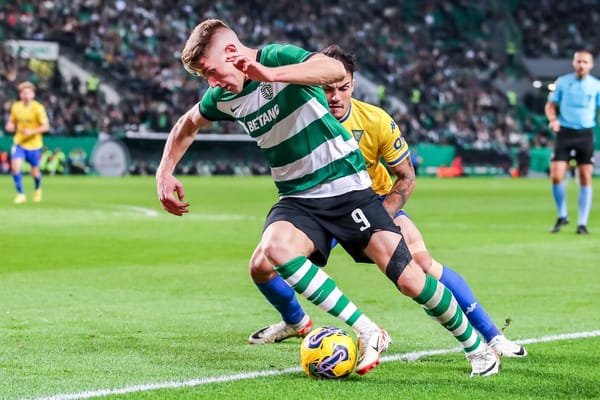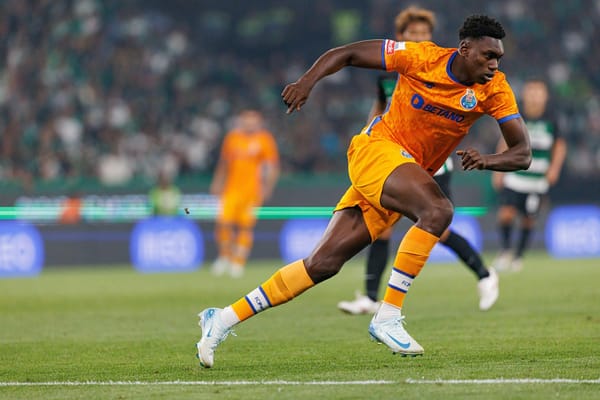Robbed of the ball and their identity but still alive and victorious
Xavi’s approach was transition heavy, prioritising natural and direct wingers on either flank for quick turnarounds, exploiting space and providing width
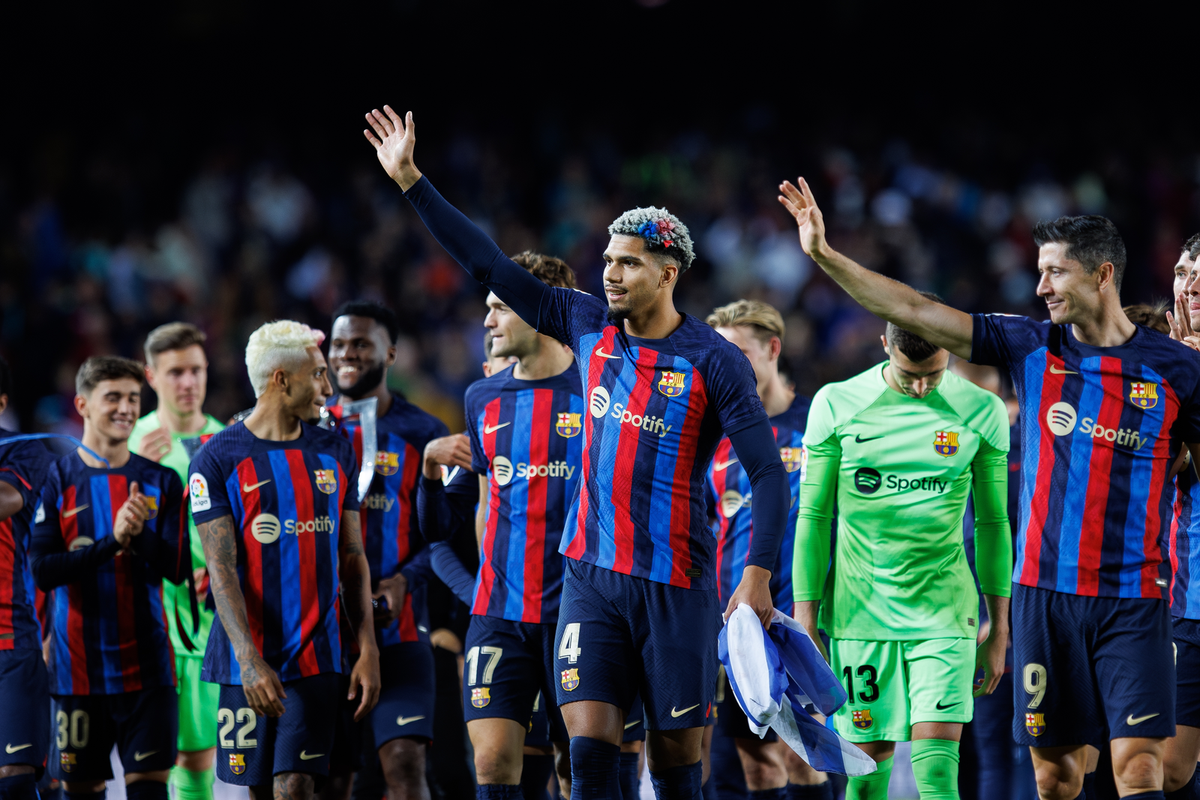
Rarely do Barcelona win their games completely due to the quality of their defence. Even in the glorious Pep Guardiola days with counter-pressing galore, winning solely because you defended (or pressed) well was a rarity. However, tonight against Real Madrid at the Santiago Bernabeu, that was truly the case.
In fact, this game felt like a dark alternate reality in its entirety. One team had 65% possession, 13 shots and 680 passes but only one big chance created, no shots on target and most importantly, no goals scored. The other team had 35% possession, four shots and 380 total passes. However, they managed to create two big chances, had two shots on target and crucially, scored the solitary (own)goal to give them the win. Now, had you not watched the game, which team would you think was Barcelona? Exactly.
These statistics - and the eye test - depict a typical Barcelona game in which they dominate the ball, pin the opposition back and sustain pressure for 90 minutes before the opposition inevitably scores from an own goal somewhere along the way. But not in this twisted reality. No, in this reality, Barcelona are the team who park the bus, weather the storm, score a silly goal and… Win the game. It’s not pretty, it’s not part of the controversial Barça DNA and it surely isn’t what we’re used to seeing from the Catalans. But tonight, it was the right call.
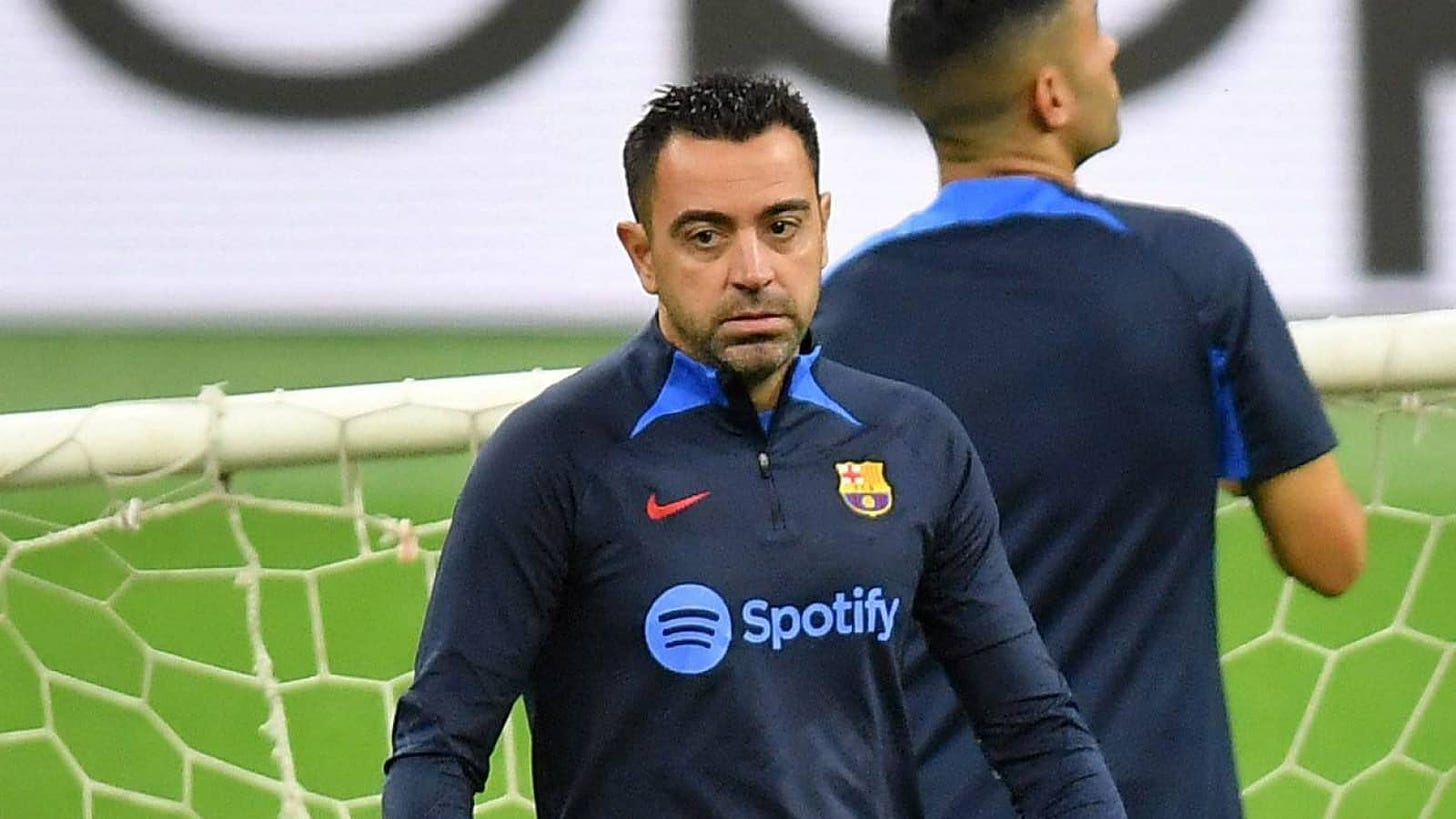
You wouldn’t bet on Barcelona of all teams to set up their fort so well that a team like Real Madrid, albeit somewhat struggling themselves but still Real Madrid, can’t get a sniff of the goal. Remember, knockout games are very much Los Blancos’ bread and butter. We’ve seen as much in the Champions League clash against Liverpool where the Reds got a taste of Real’s black magic and inevitable European nature. But this isn’t Europe. And this isn’t Liverpool.
Of course, Barcelona themselves are in somewhat of a slump too. Losing to Manchester United cast doubts over Xavi and his tenure and the following defeat to Almeria in a key LaLiga match only confirmed the downward spiral the teams had seemingly set upon. But in spite of the strange performance, this match could be the turning point the squad needs. Beating Real Madrid will always result in a boost of morale. But could beating Real Madrid in such a twisted and unexpected way benefit Xavi’s men even more? In all likelihood - yes, absolutely.
Intriguingly, however, defending deep and being pinned inside your own box is still something Barcelona aren’t very comfortable doing. In fact, Xavi would likely rather be the one pressing high and controlling the ball but this Barcelona - Xavi’s Barcelona - aren’t afraid to step away from the norm. After all, you play with the cards you’ve been dealt and Xavi’s hand tonight was far from ideal. It does, unfortunately, bring up some questions about squad planning and talent ID.
Xavi’s initial approach seemed very transition—heavy, prioritising natural and direct wingers on either flank for quick turnarounds, exploiting space and providing width. The recruitment process followed along those lines. However, somewhere along the way, we got introduced to a box-midfield, and that system is an entirely different can of worms. Now control, overloads, manipulation and link-up are king once more. However, now the squad seems far from complete too. In fact, it’s suboptimised at best and utterly lacking at worst.
By this point, Xavi has hopefully realised the box midfield, while in many ways emulating the best structures of Europe’s elites, is heavily dependent on player profiles and the quality of those profiles. In short, you can’t expect to have Kessie and Sergi Roberto giving you the same results as Pedri and Gavi. Of course, the former duo has its uses, but that isn’t the point. The point is that the same system might not suit their profiles or rather, their profiles might not suit the system Xavi wants to deploy.
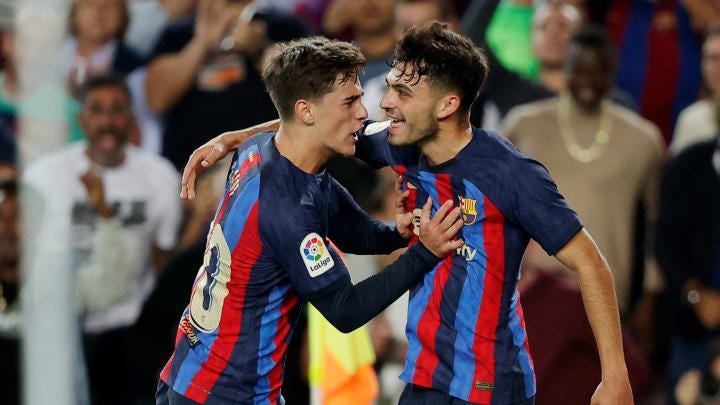
Barcelona depended on Frenkie de Jong’s sensational progressive runs to break through Real Madrid’s (leaky) press because they had no tools to consistently pass out of the back or receive between the lines with their backs to goal. Real Madrid are to be somewhat commended here too, though. They would leave Ronald Araujo free and practically invite him to progress with the ball from that right-back spot. Once he’d inevitably pass himself into oblivion, he was too far to effectively track back against Vinicius Junior and co.
This isn’t an isolated problem and more worryingly, it isn’t just an Araujo problem; sloppy possession sequences have been a theme in the last three or four games, regardless of the player in possession. And this wasn’t the only thing aiding Real Madrid tonight. In fact, they were moving Barcelona’s structure quite well, especially in the early stages of the clash. Barcelona often pressed with one midfielder joining the forward line and often, Real would drag Sergio Busquets as high as possible and make him run long distances to cover his man.
Inevitably, they’d dance around him and tracking back being one of the things he’s always struggled to do, this was a clear opening for the hosts. Pair that up with Raphinha often forgetting Nacho and thus being late in tacking back and Real’s simple overloads in both the first and second phases and you get a good progression tool to bypass the press. Barcelona’s wide midfielders were often overloaded by one dropping player alongside Real’s pivot and Gavi on the left would often have to mark two players since Alejandro Balde couldn’t join in the press as he was being pinned by Federico Valverde.
All of these mechanisms were solid and had a positive effect on Real Madrid. However, none of it mattered because even though Barcelona were sometimes outmanipulated as a collective, individually their defence was nigh-bulletproof. This is where we have to mention Araujo and Jules Kounde in particular but also Marcos Alonso and Marc-Andre ter Stegen. With their combined forces, they held the fort superbly well.
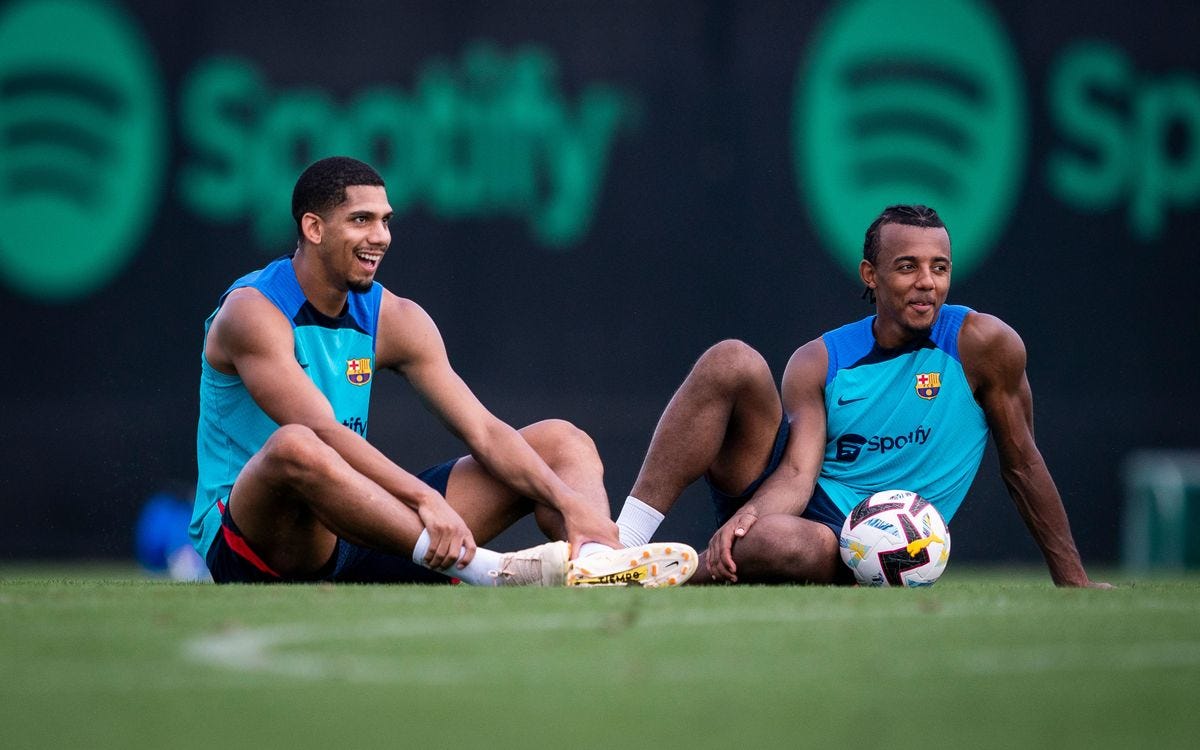
Araujo completely dominated Vinicius, first winning the mental battle and then the physical one too: His 1v1 prowess is an invaluable asset to the Catalans. Kounde, on the other hand, commands the penalty area like no one else in the team; his clearances, headers and interceptions enabled Blaugrana to keep Karim Benzema quiet for almost the entirety of the game.
Barcelona’s faults were many. From losing control, lack of outlets, dwindled personnel and shaken mentality - everything seemed to go against them. And yet, in this twisted reality where they were the clear underdogs, both before and during the game, they emerged victorious against all the odds.
This team may not always play champagne football but even when it doesn’t, it can still dig deep, keep fighting and win. And that, too, is something to be celebrated. We move.
Visça el Barça.


